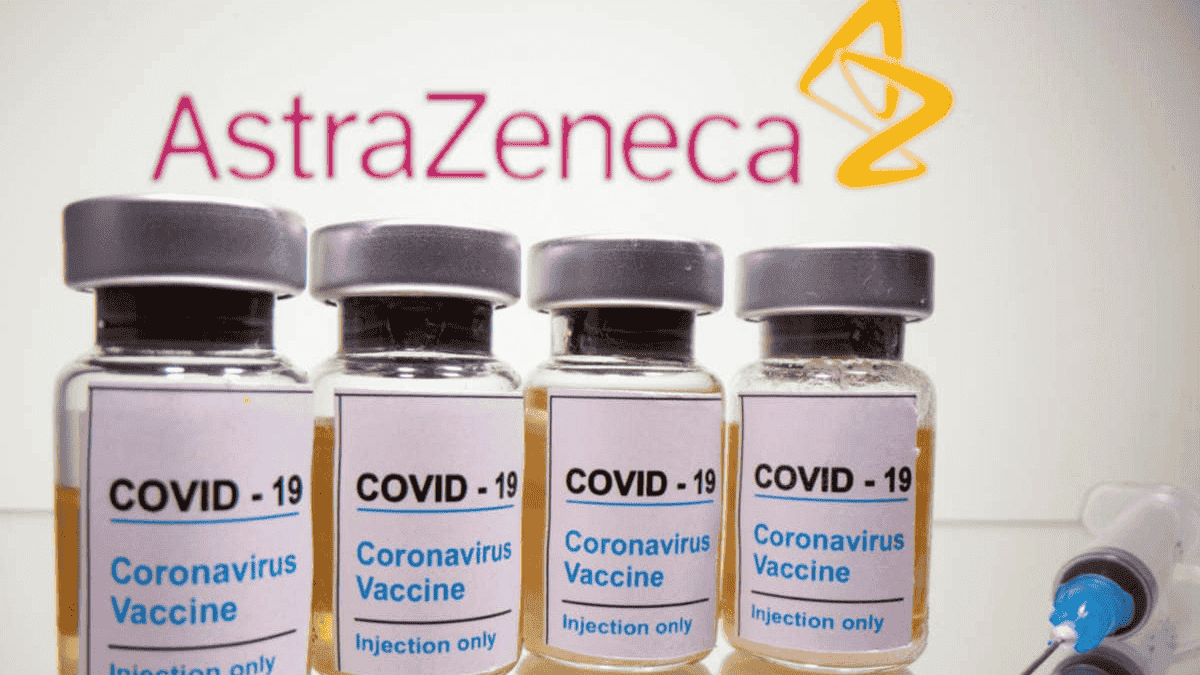By next week, India will approve the AstraZeneca vaccine

India is expected to accept Oxford/emergency AstraZeneca’s coronavirus vaccine by next week following the submission of additional data requested by authorities by its local maker, two sources with knowledge of the matter told Reuters.
As the British medicine regulator begins to review evidence from the experiments, this may be the first country to give the legal green light for the British drugmaker’s vaccine.
India, the largest vaccine-making nation in the world, plans to start inoculating its people next month and is also considering proposals for vaccine authorization for emergency use made by Pfizer Inc and the local Bharat Biotech firm.
In the war against the pandemic, bringing vaccines to the world’s second-most populated nation with one of the highest outbreak rates would also be a major development.
For lower-income countries and others in hot climates, the AstraZeneca-Oxford shot is considered important because it is smaller, simpler to ship, and can be kept at regular refrigerator temperatures for long periods.
On December 9, the Central Drugs Quality Control Organisation of India (CDSCO) first reviewed the three applications here and requested more information from all firms, including the Serum Institute of India (SII), which is producing the AstraZeneca shoots.
SII, the biggest producer of vaccines in the world, has now given all the details, the two sources said. A government health advisor told a news briefing here on Tuesday, although one of the sources said additional information from Bharat Biotech was expected, the authorities were still waiting for further data from Pfizer.
Both sources said Indian health officials were in close touch over the AstraZeneca shot with their British counterparts and that there were “strong indications” that next week’s approval would arrive.
The anticipated approval comes after results released earlier this month from AstraZeneca’s late-stage tests in the UK and Brazil revealed 62 percent efficacy of the vaccine for research participants given two full doses, but 90 percent efficacy for a smaller subgroup given half a dose, then a full dose.
Despite showing a lower success rate, the Indian regulator only considers the two full dose regimen of the shot, the sources said.
“Serum is ready,” said one of the sources. “Initially, we may get around 50 million to 60 million doses.”
As negotiations were underway and the timetable could change, the sources refused to be identified.
The leader of the CDSCO V.G. Somani did not respond to a request for comment immediately. Though SII did not immediately respond to an email requesting comment, Bharat Biotech and Pfizer declined to comment.
India has not yet signed a vaccine supply agreement with any firm, but over 50 million doses of the AstraZeneca shot have already been stockpiled by SII and it aims to make a total of 400 million doses by July.


